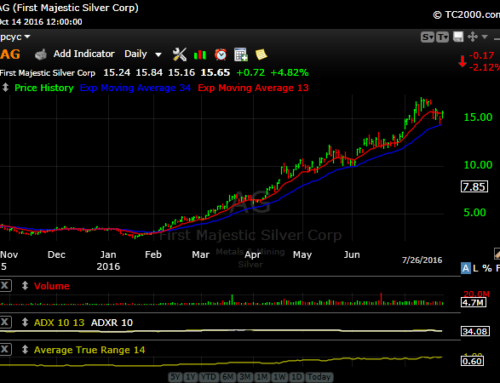If you have valuable knowledge, such as finance, accounting, marketing, project management, etc., chances are there are people and businesses who are willing to pay for that knowledge.
The consulting industry has grown rapidly in recent decades as many businesses have come to realize that instead of hiring full time employees in every instance, they can get the job accomplished by hiring a consultant.
As a result, consulting has provided many people the opportunity to add an additional income stream, make some extra money in retirement, or quit their regular job altogether.
However, if you are going to go down this path, you need to take it seriously and treat it more like a full time business. Ultimately, when you are selling a consulting business, you are selling yourself. First impressions are therefore critical.
How to get started as a consultant
Step 1 – Marketing Materials
As a consultant, you probably already know your target market. So, your initial focus is going to be on your marketing. Therefore, you’ll need some good tools, as follows:
- Website
- Quality business cards
- A corporate folder
- Quality letterhead
- A professional looking resume
If you are savvy enough to handle building your own website, I highly recommend Bluehost to host your domain. Just like my domain here, don’t be afraid to include your name in your domain name.
You’ll also want to get a quality theme for your website, and one that has a lot of flexibility. I can’t recommend the theme I use for this blog enough… Avada Theme.
Step 2 – Pricing Your Services
Remember…if this is an additional income stream, price your services accordingly…there is no need to cut your fees. If you market yourself accordingly, you’ll be able to command the fees that you want.
Think of this…when it comes to a second business, you don’t want to be paid less per hour than you receive for your regular job, because you are essentially working in your spare time.
With that in mind, don’t be in such a rush to get that first client that you cut your fee just to get the work…you want to get yourself known for doing quality work, not for doing work cheaply.
3. Under Promise and Over Deliver
While you don’t want to provide your services cheaply, you also don’t want to be know for falling short of expectations.
Your key to success as a consultant will be repeat business. Therefore, you’ll want to go over and above what your consulting fee calls for. When you deliver excellent service, you’ll be sure to find yourself a repeat customer.
4. Start Small
When are first starting out as a consultant, it’s probably a good idea to start with a few smaller, or easier assignments first. You are in essence just getting your feet wet with this new business…so, there is no need to plunge into an assignment that may end up overwhelming you.
Keep in mind, you are also doing this on the side, so you probably want to avoid a sizable project to begin with, just due to the constraints on your time. Remember, the point to developing this alternative income stream is to improve your quality of life.
5. Always keep selling
If your goal is to replace your job with the income from your consulting business, you need to keep selling. Business will ebb and flow with each client. Therefore, you don’t want to be reliant on just a small handful of clients.
Furthermore, it may take a considerable amount of time to develop new business. In some cases, it may take many months, or even a couple years before you land a client after the initial contact.
Final Thoughts
If you do have a full time job, you’ll probably need to be sure that your employer is ok with this other venture, if your consulting business involves service similar to what your employer provides. If it is unrelated, then you probably don’t have to worry.
Remember, the initial goal is simply to build another income stream. If you have success, and truly enjoy your new venture, then certainly take it to another level and make it your full time career. There is nothing better in the business world than being self-employed in a low overhead business where you can set your own hours.
Down the road, I’ll be providing more content on how to market this type of business, so I hope you continue to come back, and your comments are always welcome!





Leave A Comment